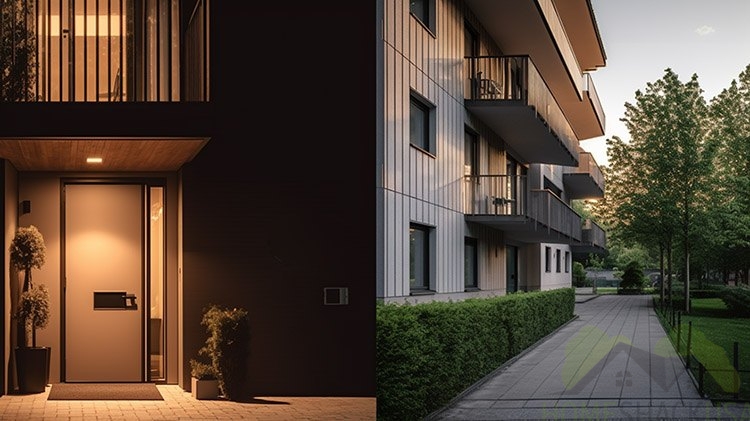When it comes to choosing a place to live, safety is always a top priority. But which offers better safety: a house or an apartment?
Both have their pros and cons, and it ultimately depends on your specific situation and preferences.
In this article, we’ll explore the advantages and disadvantages of both housing options to help you make an informed decision.
Advantages of Living in a House
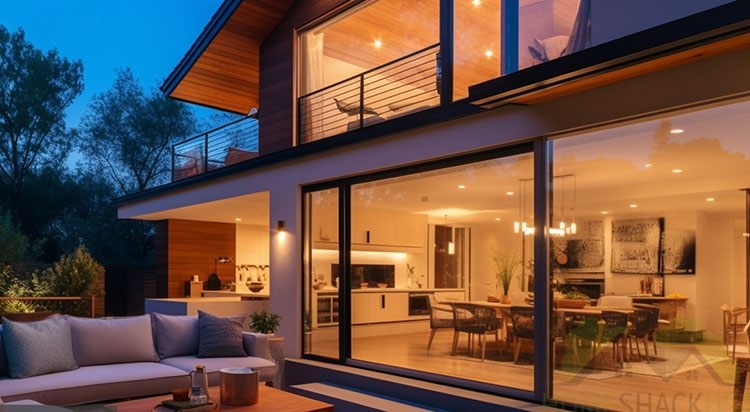
Living in a house definitely has numerous advantages:
1. Privacy and Space
Houses offer more privacy and space than apartments. With a house, you have more freedom to customize your living space, and you’re not limited by the restrictions of a lease agreement.
You can also enjoy outdoor space, such as a backyard, which can be great for entertaining guests or just relaxing in the sun.
2. Reduced Noise
Since houses are typically located in residential areas, there’s less noise pollution from traffic and neighbors.
This can make it easier to sleep at night and provide a more peaceful living environment.
3. Security Measures
Homeowners can install security systems and take other measures to enhance the safety of their homes. This can include security cameras, motion detectors, and alarm systems.
They can also install security bars on windows and doors, which can deter burglars and intruders.
4. Investment Value
Buying a house is often considered a good investment. Homeowners can build equity over time, and the value of the home may increase as the housing market improves.
This can lead to financial benefits in the long run.
Disadvantages of Living in a House
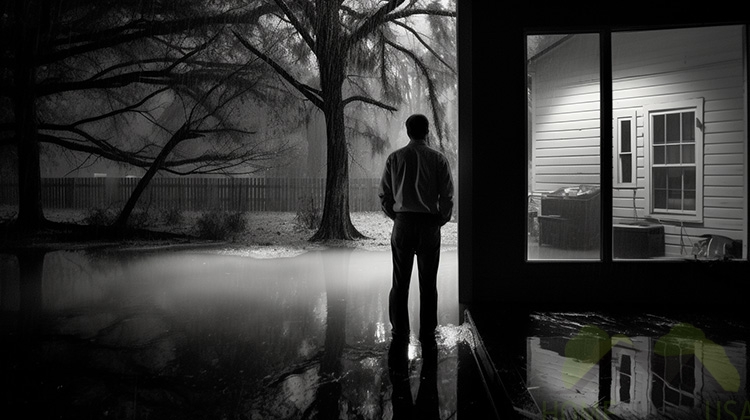
Of course, living in a house has some disadvantages as well:
1. Maintenance Costs
Houses require more maintenance than apartments, such as lawn care, repairs, and renovations. Homeowners must also cover the costs of utilities, such as electricity and water, which can be more expensive than in an apartment.
2. Location
Houses are often located in suburban areas, which can make it difficult to access amenities and services.
You may need to drive further to get to work, school, or shopping centers.
3. Safety Concerns
Houses are more vulnerable to natural disasters, such as floods and hurricanes, than apartments.
Homeowners must also take measures to prevent fires and other hazards, which can be costly and time-consuming.
Advantages of Living in an Apartment
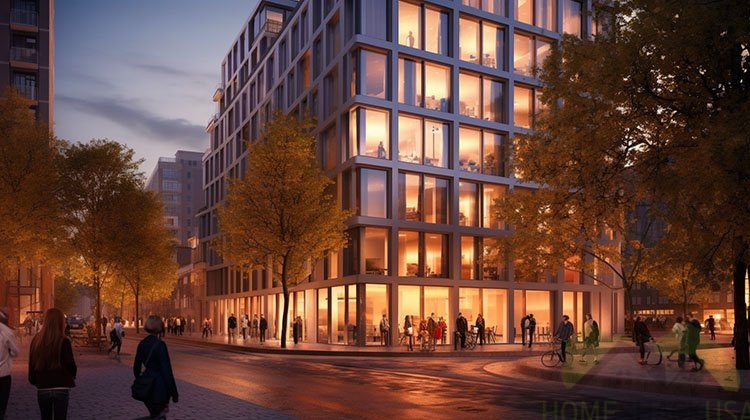
Apartments also have a lot or advantages:
1. Safety
Many apartments offer security measures, such as security cameras, controlled access, and on-site security personnel.
This can provide a sense of safety and security for residents.
2. Low Maintenance Costs
Apartments typically require less maintenance than houses, as the landlord or management company is responsible for repairs and renovations.
This can save residents time and money.
3. Location
Apartments are often located in urban areas, which can provide easy access to amenities and services.
You may be able to walk or take public transportation to work, school, or shopping centers.
4. Affordability
Buying an apartment is often much more affordable than buying a house, especially in expensive cities.
This can provide financial flexibility and allow residents to save money for other expenses.
Disadvantages of Living in an Apartment
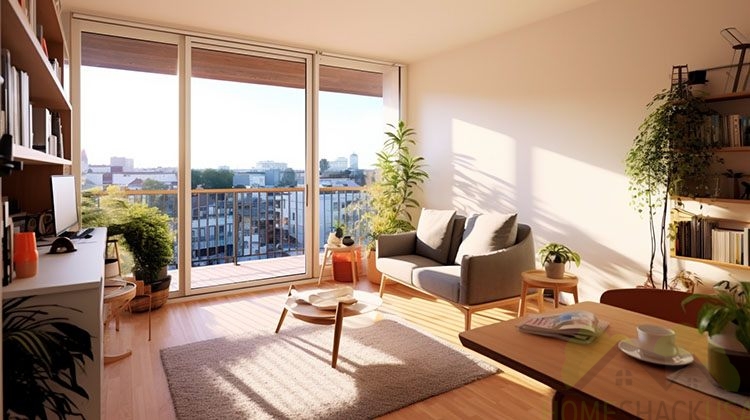
Some of the most commonly mentioned disadvantages are:
1. Lack of Privacy and Space
Apartments offer less privacy and space than houses. You may be sharing walls with neighbors, which can lead to noise pollution and other disturbances. Outdoor space may also be limited or non-existent.
2. Limited Control
Apartment owners often have very limited control over the living space in the apartment. They may not be able to make significant changes or reconstructions to the unit.
3. Lease Agreements
Apartment living often requires signing of agreements, which can be restrictive and may limit your freedom to move or make changes to the living space.
4. Limited Investment Value
Buying an apartment does not provide the same investment opportunities as buying a house. People who own an apartment may not see a return on their investment when they move out.
In the end, we can say that both houses and apartments offer advantages and disadvantages when. Houses offer more privacy and space, but require more maintenance and may have safety concerns.
Apartments offer low maintenance costs, and affordability, but lack privacy and space and may have lease restrictions. It’s important to carefully consider your lifestyle, budget, and priorities when making a decision about where to live.
What About Safety
Many people ask which is safer, a house or an apartment. The answer is that both houses and apartments offer safety advantages and disadvantages, and it ultimately depends on your personal lifestyle and especially on the neighborhood you live in.
No matter where you live, you could Install a home security system, reinforce doors and windows, and keep the exterior well-lit. It’s also important to have an emergency plan in place and to regularly check smoke detectors and other safety equipment.
Gated communities can offer additional security measures, such as controlled entry and security patrols, but they are not necessarily safer than regular neighborhoods.
It’s still important to research the crime rate and take safety precautions regardless of the type of community you live in.

